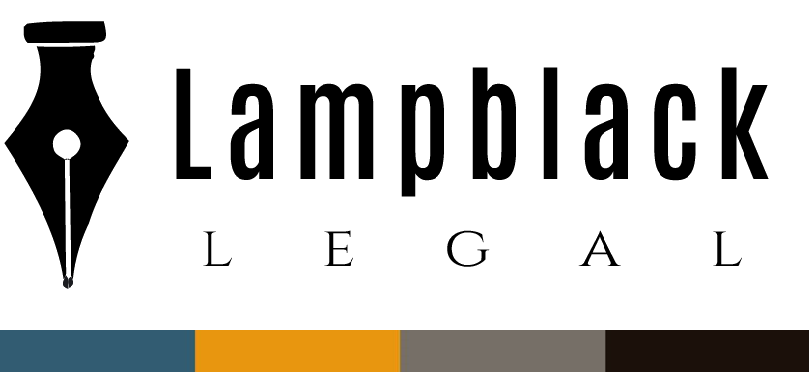Understanding reseller certificates
July 7, 2022
Understanding Resale certificates
Once in a while a client that is new to selling in the U.S. will ask about resale certificates and how to obtain them. The context is typically the following: The company is purchasing goods domestically for resale and has been asked by the vendor to provide a "reseller certificate" in order to exempt the transaction from sales tax.
While it's difficult to talk about resale certificates without getting into a broader discussion about the obligation to pay/withhold/remit/report sales tax in the U.S. generally, the core princicpal is that sales tax is only assessed on the end user (consumer), so a business buying goods at wholesale to ultimately sell them on to end consumers would not be required to pay sales tax on the transaction. As an example, a restaurant purchasing bottled water in bulk from a wholesaler would typically not be required to pay sales tax on the puchase, though would be required to charge sales tax on the end sale to the customer. On the other hand, a restaurant purchasing cleaning supplies would not be exempt from sales tax, as the restaurant would be using these cleaning supplies in the ordinary course of its business.
Purchases for wholesale aren't automatically exempt from sales tax however, with most of the 45 states that charge sales tax (which is all states with the exception of Alsaka, Delware, Montana, New Hampshire and Oregon) requiring that sellers obtain (and retain) a sales tax exemption certificate (known commonly as a "resale certificate"). It's incumbent on the seller to do so because the seller is ultimately on the hook if sales tax should have been charged and remitted, but wasn't.
For the most part, resale certificates aren't actual certificates obtained from a state government tax department. Rather, they are short forms that the buyer downloads and fills out with a basic level of information - typically the company's address, its EIN or state tax registration number, and an attestation that it is purchasing goods for resale. The seller then provides this to the seller who then keeps it on file.
When all this takes place in one single state, that's more or less all there is to it. A New York restaurant purchasing the aforementioned bottled water from a New York based wholesaler will have a New York sales tax registration number (required of all vendors in New York State), will be able to easily complete the resale exemption form, and the seller will be able to provide it to the New York Department of Taxation should it be audited.
The U.S. though is 50 states, a number of territories and thousands of individual municipal and county tax jurisdictions. Any transactions involving a seller based in one state (e.g. New York) selling to a purchaser based in another state (e.g. New Jersey) bring additional factors into play. For example, what happens when a Delaware based company is purchasing furniture in New York state for resale in Pennsylvania? The New York vendor will request a resale certificate. New York state exempts the purchaser from sales tax provided it indicates that the furniture is for resale outside of New York and can provide a sales tax registration number from another state. As Delaware has no sales tax, the company has no sales tax registration number. In this case, New York permits the company to omit providing a sales tax number. the Take another example of a New York company purchasing furniture in Colorado for an interior design project in Utah. Colorado permits the use of "substitute" certificates, so the company can use a resale certificate from another state. Take a further example of a New York company purchasing automobile parts in California for resale in Oregon. As California requires that the purchaser register as a sales tax vendor in California even though it won't be selling in California, the vendor must register with the state authorities and then file periodic sales tax returns, even during reporting periods where there is no activity.
As can be seen, a relatively simple issue that begins with "the seller is asking me for a resale cert. How do I get one?" can quickly turn into a labrinthine exercise to determine which states require registration and/or a reseller certificate, and which registration numbers can be used. Luckily, there are uniform certificates which are accepted by many states that reduce the requirement to maintain different certificates for each state/purchaser, hoever there's no easy way to keep track of this. While sales tax platforms can help significantly, they rely heavily on automation, meaning that the nuance of a particular vendor's business can be lost. Until the day that a national platform exists, wholesale buyers will have to invest significant time in determining what their obligations are.
